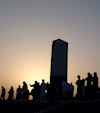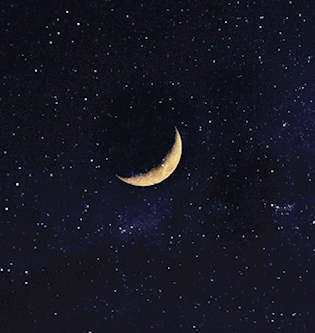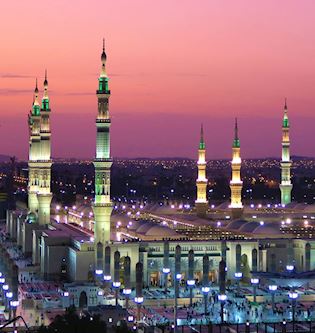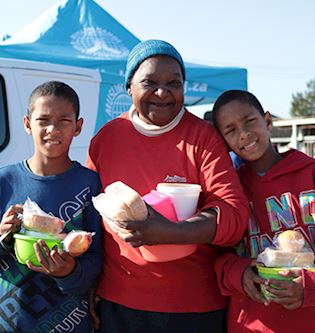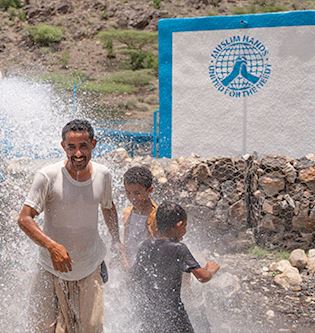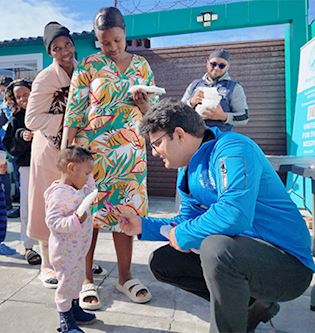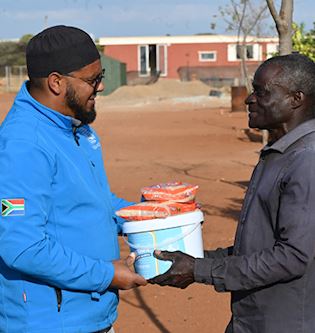Dhul Hijjah : 10 tips to get the most of out the best 10 days
The first 10 days of Dhul Hijjah are a great time to gain closeness to the Almighty. Ibn Abbas narrated that the Prophet Muhammed (saw) said "There are no days during which righteous deeds are more beloved to Allah than these days. Not even Jihad in the cause of Allah, unless a man goes out with himself and his wealth and does not bring anything back." (Sahih)
Despite the Coronavirus pandemic restricting our Hajj plans for the year, we can still benefit from the virtues of this special time.
Here are our top ten tips to help you maximise your time and rewards over the best ten days of the year.
1. Fast:
Abu Hurairah narrated that the Prophet (saw said: "There are no days in this world during which worship is more beloved to Allah, Glorious is He, than the (first) ten days (of Dhul Hijjah). Fasting one of these days is equivalent to fasting for one year, and one night of them is equal to Lailatul-Qadr." (Daif)
Fasting on the day of Arafat (9th of Dhul Hijjah) is especially beneficial as it is said to wipe away your sins of the previous year and the coming year.
2. Dhikr including Tahlil, Takbir and Tahmeed:
You can recite the takbir ‘Allahu Akbar, Allahu Akbar, la Ilaha illa Allah; Allahu Akbar, Allahu Akbar, walillah al-hamd' either at any time from the beginning of Dhul Hijjah until the day of Eid (unrestricted) or only after the obligatory prayers (restricted).
You can also recite Subhan Allah, (33 times), Alhamdulillah (33 times) and Allahu Akbar (34 times), at regular intervals, during the day or after each of the five daily prayers.
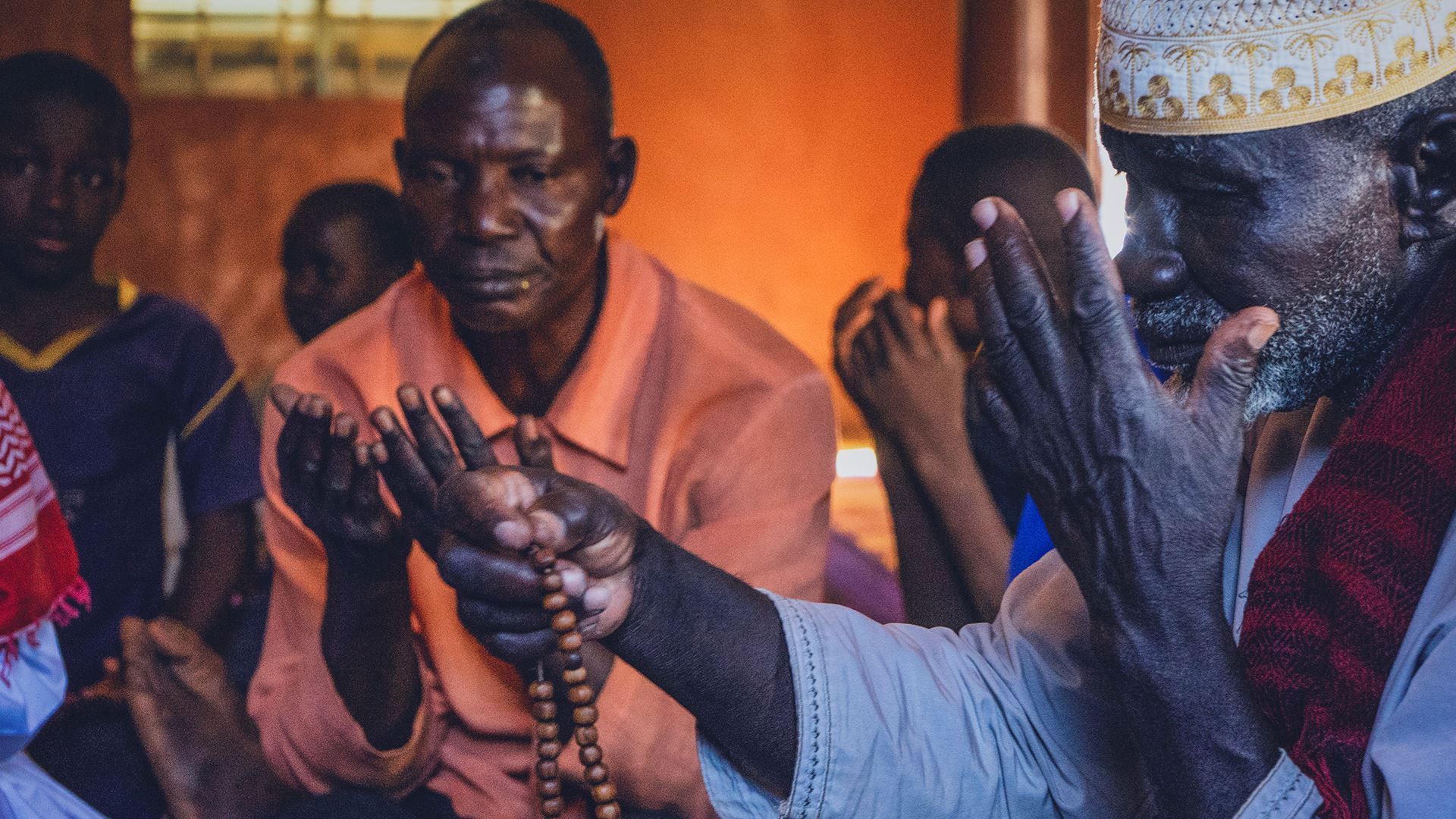
3. Make Dua:
Make a list of all the Duas you want to make so you do not forget any. It is also very important to make a lot of Dua on the day of Arafah.
The Prophet (saw) said: “The best of Dua is Dua on the day of Arafah, and the best that I and the Prophets before me said is ‘Laa ilaaha ill-Allaah wahdahu la shareeka lah, lahu’l-mulk wa lahu’l-hamd wa huwa ‘ala kulli shay’in qadeer (There is no god but Allaah alone, with no partner or associate; His is the dominion, to Him be praise, and He has power over all things).” (Tirmidhi)

4. Recite Quran:
Allocate a certain part of the day to recite the Quran or set a timetable to read a few pages daily. Choose a hassle-free time when your brain is free from other priorities, such as at the time of Fajr.

5. Read the Daily Adhkar
The best time to recite the morning Adhkar is between Fajr and sunrise and the best time to recite the evening Adhkar is between Asr and sunset.
Here are some morning Adhkar’s to recite:
- Laa ilaaha ill-Allah wahdahu laa shareeka lah, lahu’l-mulk wa lahu’l-hamd wa huwa ‘ala kulli shay’in qadeer
(There is no god except Allah alone, with no partner or associate; to Him belongs sovereignty, to Him be praise, and He has power over all things).
- llahumma faatir al-samawaati wa’l-ard, ‘aalim al-ghaybi wa’l-shahaadah, laa ilaaha illa anta, Rabba kulli shay’in wa maleekahu, a‘oodhu bika min sharri nafsi wa min sharri’sh-shaytaan wa shirkihi, wa an aqtarifa ‘ala nafsi soo’an aw ajurrahu ila muslim
(O Allah, Creator of the heavens and the earth, knower of the unseen and the seen, Lord and sovereign of all things, I seek refuge in You from the evil of my own self and from the evil of the Shaytaan and his encouragement of shirk, and from causing any harm to myself or any Muslim).
- Allahumma bika asbahna wa bika amsayna, wa bika nahya wa bika namoot wa ilayka’an-nushoor
(O Allah, by Your grace we reach the morning, by Your grace we reach the evening, by Your grace we live and by Your grace we die, and to You is the resurrection).
Here are some evening Adhkar’s to recite:
- A‘oodhu bi kalimaat-Illaah it-taammaati min sharri ma khalaq
(I seek refuge in the perfect words of Allah from the evil of that which He has created)
- Subhaan Allah wa bi hamdihi
(Glory and praise be to Allah).
- Allahumma bika amsayna wa bika asbahna, wa bika nahya wa bika namoot wa ilayka’al-maseer
(O Allah, by Your grace we reach the evening, by Your grace we reach the morning, by Your grace we live, by Your grace we die and to You is our ultimate return).
6. Pray Sunnah and Nafl Salaahs
Engage in as much additional Ibadah as possible, including Tahajud Salah. The Prophet (saw) is believed to have always prayed two Rak'ahs before the Fard of Fajr and three Rak'ahs after the Fard of Isha.
7. Itikaf
Itikaf literally means to isolate yourself so that you can concentrate on strengthening your relationship with Allah (swt). Even though we cannot visit the mosque, you can spend these ten days reciting the Quran, offering voluntary prayers, and completing dhikrs in abundance.
8. Give Charity
Ibn Abbaas reported that the Prophet (saw) said: “There is no deed more precious in the sight of Allah, nor greater in reward, than a good deed done during the ten days of Sacrifice”.
Don’t miss out on this incredible opportunity to bank some extra rewards by doing small deeds. You can donate towards the Yemen Crisis, build a water well for families who have no clean water, or give Sadaqah where it is most needed.
9. Offer Qurbani
One of the greatest acts of worship in this month is to give Qurbani. It is a virtuous act that honours the willingness of Prophet Ibrahim (as) who was by asked by Allah (swt), to sacrifice his son Ismail, to prove his faith and loyalty.
Donate your Qurbani with Muslim Hands this year and be confident that it will reach those most in need. Prices start from as little as R850.
Read more about what makes our Qurbani service special here and find out all you need to know about Qurbani.
10. Share knowledge
The Prophet (saw) said:
“Whoever guides someone to goodness will have a similar reward.” (Muslim)
Encourage others to do good during this month. Start by sharing this article with your friends and family so that they can also benefit during these 10 days inshallah.
From everyone at Muslim Hands, we would like to wish you a blessed month, full of good deeds, forgiveness, and a closeness to our Creator, Inshallah.






